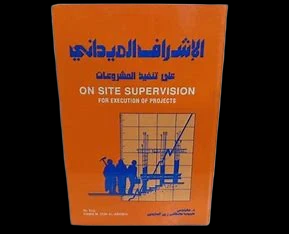
Central and Field Supervision of Project Implementation
Central and Field Supervision of Project Implementation
$5200.00
"Central and field supervision of project implementation"
Day One: Basic Concepts in Project Supervision
Definition of central and field supervision and its importance in the success of projects
The difference between central supervision and field supervision
The role of the supervisor in the project life cycle
Quality standards in project implementation
Case studies of successful and failed projects due to supervision
Day Two: Planning for Effective Supervision
Planning and scheduling in supervision
Preparation of periodic follow-up reports
Tools and methods for monitoring implementation
Dealing with risks and challenges in the project
Using technology in supervision (project management software)
Day Three: Implementation and Field Monitoring
Mechanisms for project implementation according to timelines
Performance monitoring and quality assurance
Managing work teams at field sites
Verification of the implementation of occupational safety and health standards
Change management during implementation
Day Four: Central Supervision and Its Role in Decision-Making
The role of central offices in project monitoring
Data analysis and decision-making based on reports
Conflict management and problem-solving in projects
Coordination between field supervisors and upper management
Applying international standards in project supervision
Day Five: Practical Studies and Field Applications
Case study of a real project and its discussion
Practical exercises in preparing supervision reports
Simulation of supervision scenarios and problem-solving
Evaluating participants' performance and awarding certificates
Target audience
The engineers and supervisors working on project implementation
Project managers and those interested in improving supervision mechanisms
Monitoring and follow-up teams in companies and government agencies
Recent graduates wishing to acquire supervisory skills
Teaching method
A mix of theoretical and practical training
Using real case studies
Discussion and interactive sessions
Field practical applications or simulations
Using digital tools for project management


